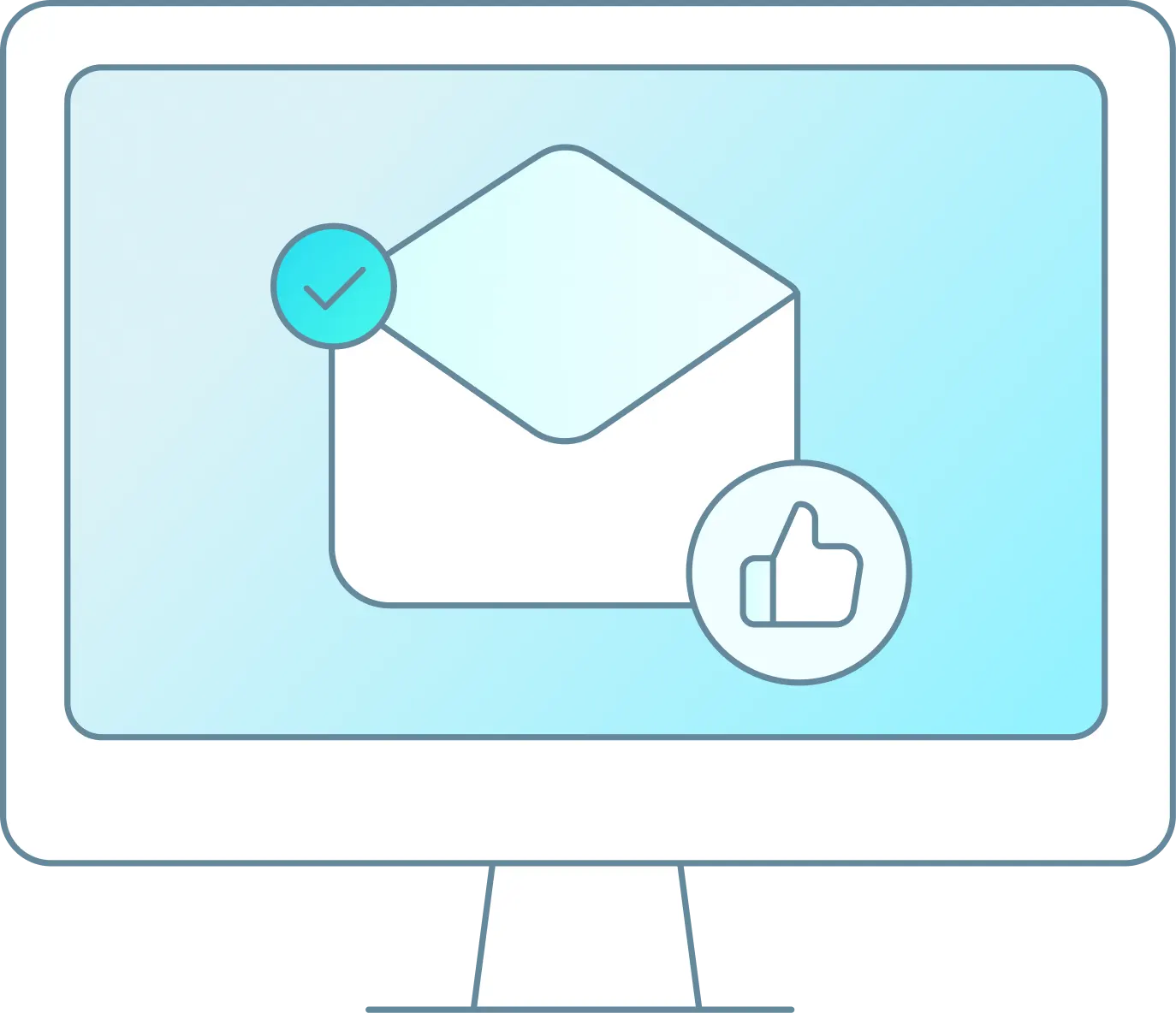Having a guest get injured while participating in your tour or while renting your watersports equipment is every operator’s worst nightmare. It's one of the biggest obstacles to overcome when running a watersport business. In a recent blog, we discussed a variety of insurance types that operators should consider when looking for insurance coverage, including general liability insurance for personal injuries. However, getting insured is only one of many steps you should take to help mitigate potential liability and protect your assets. Each step you take, e.g. forming a limited liability entity, obtaining insurance, conducting staff safety training etc., all work together and a liability waiver is one essential tool that can be your new best friend.
At the end of the day, while you can do everything in your power to run a tight ship, uphold safety standards, and keep your guests safe, accidents do happen. This is why it is essential to have a well prepared waiver. Not only can this help protect the assets of your business against potential claims, you might even be surprised to learn that a liability waiver can also help your marketing efforts and serve as a means to protect against fraud.
Where to Obtain a Waiver
With so many digital waivers available online, it can be very tempting to create a waiver yourself, or purchase a form waiver. However, when it comes to protecting your assets and the longevity of your business, a liability waiver is one of the most important tools in your chest. Skimping on the waiver could have major consequences and you won’t know that the waiver is inadequate, until it’s too late.
The best way to obtain a liability waiver is to hire an attorney to draft it specifically for your business, preferably someone who is familiar with your industry. While there are lots of forms available online, hiring an attorney to craft a waiver that is specific to your business and that takes into account the nuances of applicable local, state and federal law is extremely important. One misstep in the waiver’s drafting, could render it ineffective. It serves not only to prevent claims, but also to mitigate the severity of the impact certain claims may have on your business. The investment to hire an attorney may be higher on the front end, but a well prepared liability waiver can pay for itself over and over again.
Waivers can Mitigate Liability
The fact of the matter is, there is no way to totally avoid liability for injuries that occur to guests. Even the most thoughtfully prepared waivers cannot prevent liability in all circumstances and just because the guest signed the waiver doesn’t mean they won’t seek compensation when an injury occurs. That’s why you have to look at liability protections as a collection of tools by which you can mitigate or lessen your liability and, in some instances, pass the liability on to a third party (i.e. indemnification).
When you notify your insurance company that a claim may be filed, the first thing they will do is review your liability waiver to determine its viability. If the waiver is strong, they may take a harder stance and lower the amount for which they are willing to settle the claim. This is important because, the less your insurance has to pay out, the less likely your premiums will be impacted, which saves you money.
The waiver is also a valuable tool if you decide to handle the claim without the help of an insurance company. If enforceable, it can serve to protect you from certain types of claims. The avoidance of a single claim, is likely more than sufficient to recoup your costs in obtaining a well prepared waiver.
Waivers Help with Marketing
OK, we know this may sound crazy, but it’s the truth! Waivers really can help with marketing. Let’s say someone is booking a trip for themself, their spouse, and two other couples who are traveling with them. During the checkout process, you are likely only collecting the contact information for the person making the booking. That means you are missing out on the opportunity to market to the other 5 people who are going on the trip. LIkewise, you may be obtaining guests from an Online Travel Agency that does not share customer email addresses and, even if they do, you’ll still be faced with the problem of not having an email for every guest.
Obtaining a liability waiver is the perfect chance to collect customer information and email addresses that can be used in later marketing efforts. Some digital waiver companies, like Wherewolf, provide analytics that can be extremely valuable when crafting marketing strategies and campaigns during shoulder months. Using Wherewolf data in off-seasons can be especially helpful.
Waivers Protect Against Fraud
When a customer makes a purchase using a credit card and a chargeback occurs, you are left to prove that the customer actually went on the trip. Obtaining a liability waiver, along with identification, is one way to do this. Some waiver companies even offer software that allows you to take a picture of the guest and include it with the waiver. Having a guest signature or photo could be the proof you need to avoid a fraudulent chargeback!
Now that we have explored why a liability waiver should be your new best friend, it’s time to take a look at your existing waiver, or implement the use of a new waiver. There are tons of tools out there to help you reduce paper, better collect and use data, and ensure that your waiver process is seamless. While we hope this article helped you, it is not intended to offer you legal advice and is purely educational. If you have questions about your liability waiver, we recommend speaking with an attorney.



